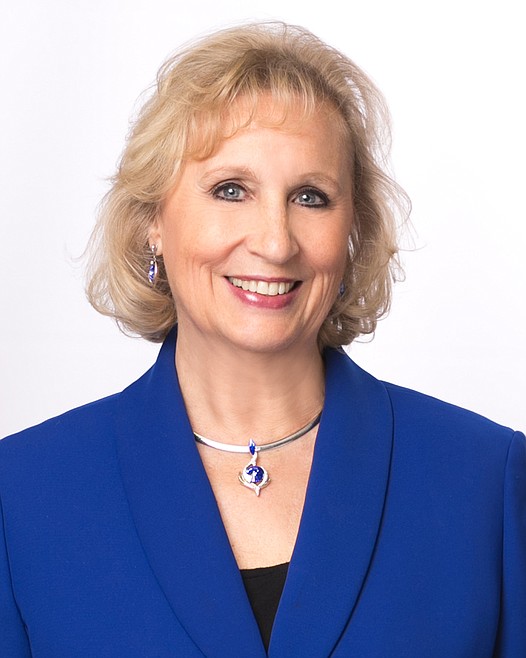ADVERTISING: Advertorial — What not to do if you have GERD
GERD (Gastro-Esophageal Reflux Disease) is pervasive. If you have heartburn or “mini-vomits,” you likely have GERD. I’ve written several articles on what GERD is and ways to help it. This time, I’m focusing on what NOT to do if you have GERD.
First: Do NOT ignore it. Chronic GERD, untreated or poorly managed, can lead to complications: esophagitis (inflammation), esophageal stricture (narrowing due to scar tissue), Barrett’s Esophagus (changes in the cells lining the esophagus, increasing the risk of esophageal cancer), esophageal cancer (chronic GERD can increase the risk of esophageal cancer), respiratory (due to aspiration of stomach acid into the lungs leading to complications), dental problems (stomach acid can erode tooth enamel), laryngitis (irritation and inflammation of the voice box due to acid reflux, leading to hoarseness, and sore throat), chronic cough, sleep disruption, malnutrition (GERD can interfere with nutrient absorption), and poor quality of life (GERD can significantly impact quality of life). These are reason enough to not ignore it, but also to resolve it as quickly as possible.
Second recommendation: Do NOT eat a crappy diet! GERD can impact nutrient absorption and utilization, leading to deficiencies. Most of the very nutrients you are deficient in when you have GERD are the ones you need for healthy digestive function. The greatest are Vitamin B (all, but especially B12 and folate), Vitamins A, C, D and K, calcium, magnesium, iron, zinc, phosphorus, potassium, selenium, protein and healthy dietary fats.
The worst foods you can eat if you have GERD, according to some is: Spicy foods — can irritate the stomach, but the stomach prefers hot over cold. Acidic foods — can irritate if heated/cooked, but help if raw because it converts into an alkaline ash in the body. High fat foods — avoid fried foods and seed oils. Otherwise, the body needs good dietary fats to heal the stomach lining. Chocolate contains substances that relax the esophageal sphincter (between the esophagus and stomach, aka “LES”) allowing food to escape from the stomach back up into the esophagus. Mint also relaxes the LES, but for some people, it cools down the burning in their stomach. Caffeinated beverages (like coffee and black tea) also relaxes the LES, but also adds bad acids to the stomach, worsening symptoms. Alcohol and carbonated beverages also do both of those things.
Exercise is good though, isn’t it? Toning your core is important in helping GERD. However, there are exercises you should NOT do: The worst are stomach crunches and weight-lifting that causes increased intra-abdominal pressure. They shove the gut into the diaphragm, potentially weakening the LES and creating a hiatal hernia. High-impact cardio, inverted poses, and twisting can jostle or squeeze the stomach and increase the likelihood of pushing acid up into the esophagus. Exercises such as most yoga poses, Pilates, Tai Chi, Qi Gong and others that build tone and don’t obviously cause refluxing are important for many reasons.
And finally, don’t underestimate the value of your acid enzymes. Hydrochloric acid deficiency (masquerading as an excess) is the primary reason for GERD. Get with a professional skilled in correcting the underlying cause and resolve this problem without delay!
Want to hear more from Holly Carling? Check out our podcast. Search for VitalHealth4You on your favorite podcast listening app or go to vitalhealthcda.com/podcasts/.
• • •
Holly Carling is a Doctor of Oriental Medicine, Licensed Acupuncturist, Doctor of Naturopathy, Clinical Nutritionist and Master Herbologist with over four decades of experience. Carling is a “Health Detective.” She looks beyond your symptom picture and investigates WHY you are experiencing your symptoms in the first place.
Carling is currently accepting new patients and offers natural health care services and whole food nutritional supplements in her Coeur d’Alene clinic. Visit Carling’s website at www.vitalhealthcda.com to learn more about Carling, view a list of upcoming health classes and read other informative articles.
Carling can be reached at 208-765-1994 and would be happy to answer any questions regarding this topic.

